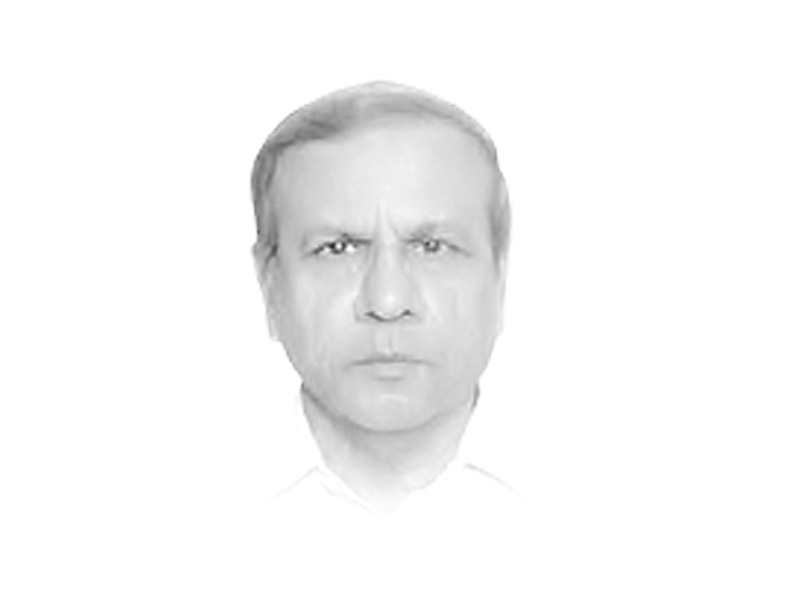
The economic damage is long term. Exports from Punjab factories have failed to reach Karachi for loading onto ships, which have had to leave empty. Foreign importers, who now have to scramble to fill their shelves, will begin to look for alternatives — and secure — supply sources. Pakistani exporters may face permanent loss of markets. After Karachi, the Lahore-Peshawar GT Road is the most important economic corridor. Karachi has been in turmoil for 29 years. Now, the Lahore-Peshawar corridor appears to be following suit.
An analysis of causative factors is in order. Pakistan has seen repeated political upheavals, including half a dozen martial laws and GHQ-inspired palace coups. The basic struggle is between the elite and the people. The elite are represented by the establishment and the people by (genuine) political parties — howsoever inefficiently and clumsily. Democracy, elections and political parties are instruments by which the people at large strive to acquire greater political space and a greater share of the economic pie — at the expense of the elite, of course. Understandably, the elite abhor democracy and elections and have continuously attempted to subvert political parties.
The establishment comprises the military and civil bureaucracy and the agricultural, industrial and the commercial, entrepreneurial and professional class. The vast bulk of this establishment is located in Punjab, with an appendix in Karachi. However, the epicentre of all anti-democratic thrusts has been in Punjab. Consequently, the establishment’s assault has been directed at pro-people forces: the PPP, NAP (now the ANP) and the Baloch nationalist parties, all of whom have their principal power bases outside Punjab. The PPP’s Punjab base among the working class has also suffered from the establishment’s repression.
The current crisis is of a different genre altogether and is largely an internal Punjab affair, with sections of the Punjabi elite pitted against one another. Under attack is the PML-N, with its power base almost exclusively in Punjab. The immediate crisis has been triggered by the policy conduct of the Nawaz government. Mention has been made of the closed family-based political decision-making process. Nawaz Sharif’s kitchen cabinet not only does not have anyone from Khyber-Pakhtunkhwa, Sindh or Balochistan, it excludes even key members of his own partymen from Punjab. This closed decision-making process extends to economic policy choices as well.
There is a deeper split, however. Punjab, particularly central Punjab, has a large and diverse entrepreneurial and professional elite. The thumping victory of the PML-N in Punjab raised expectations all year round for a share in the spoils. This expectation has been frustrated, over a period of the year, for a large section of the Punjabi elite. The failure of the government to address the power shortage problem, as promised, has turned off the urban entrepreneurial class.
A section of the Punjabi elite, once allied with the Ziaul Haq regime, also feels left out and betrayed by Nawaz Sharif. This appears particularly the case with respect to sharing the booty from privatisation. This section is also reported to have had policy papers prepared and individuals identified for possible inclusion in a long-term interim government. The beans to this effect have been spilled by expelled PTI President Javed Hashmi.
That the battle in Islamabad is a Punjab affair as indicated by the fact that there is not a single non-Punjabi front rank leader in the PML-N, the PTI or the Minhajul Quran. And the crowds sitting out the dharna are also largely from Punjab. Other provinces, as well as Gilgit-Baltistan and Azad Kashmir, are mere onlookers. They are still paying the political and economic cost of this conflict.
Debates in Parliament and the media have highlighted the impending damage to democracy from the present impasse. Little has been said of the possible damage to the country itself. The general election of 2013 has, for the first time, yielded a genuinely representative government in Balochistan. The assumption of office by a coalition led by a nationalist party has generated a serious debate in the province about the efficacy of democracy as a vehicle for obtaining provincial rights — as opposed to taking recourse to the gun. This debate draws upon the historic Eighteenth Amendment and the NFC Award as the institutional basis for positive change. The fact that Balochistan was able to hold local government elections without any disruption by the insurgents is evidence of the fact that all forces in the province are holding their fire — and their breath — in anticipation of the results of this democratic experiment. There is hope.
Any disruption of the democratic process at this stage will destroy that hope and break the already weak emotional link of the Baloch people with Pakistan. The section of the Ziaist Punjabi elite that has its eyes focused exclusively on their bank balances need to pause and consider the consequences of their power games on national integrity and survival. Dharna leaders also need to factor in this aspect in their political calculations.
Published in The Express Tribune, September 18th, 2014.
Like Opinion & Editorial on Facebook, follow @ETOpEd on Twitter to receive all updates on all our daily pieces.
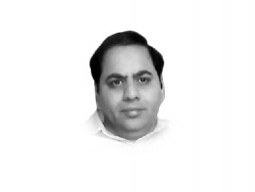





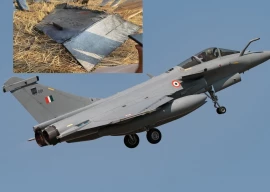
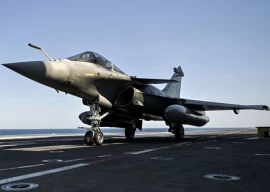
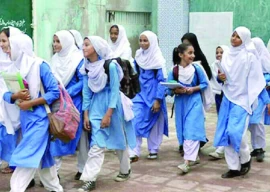
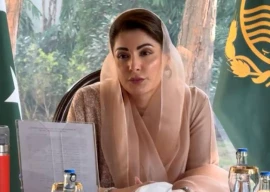
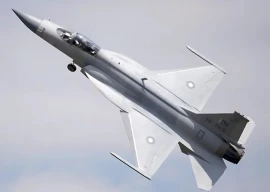
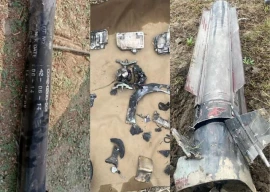
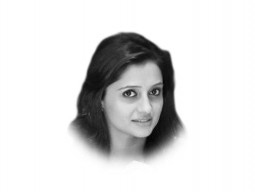

COMMENTS
Comments are moderated and generally will be posted if they are on-topic and not abusive.
For more information, please see our Comments FAQ